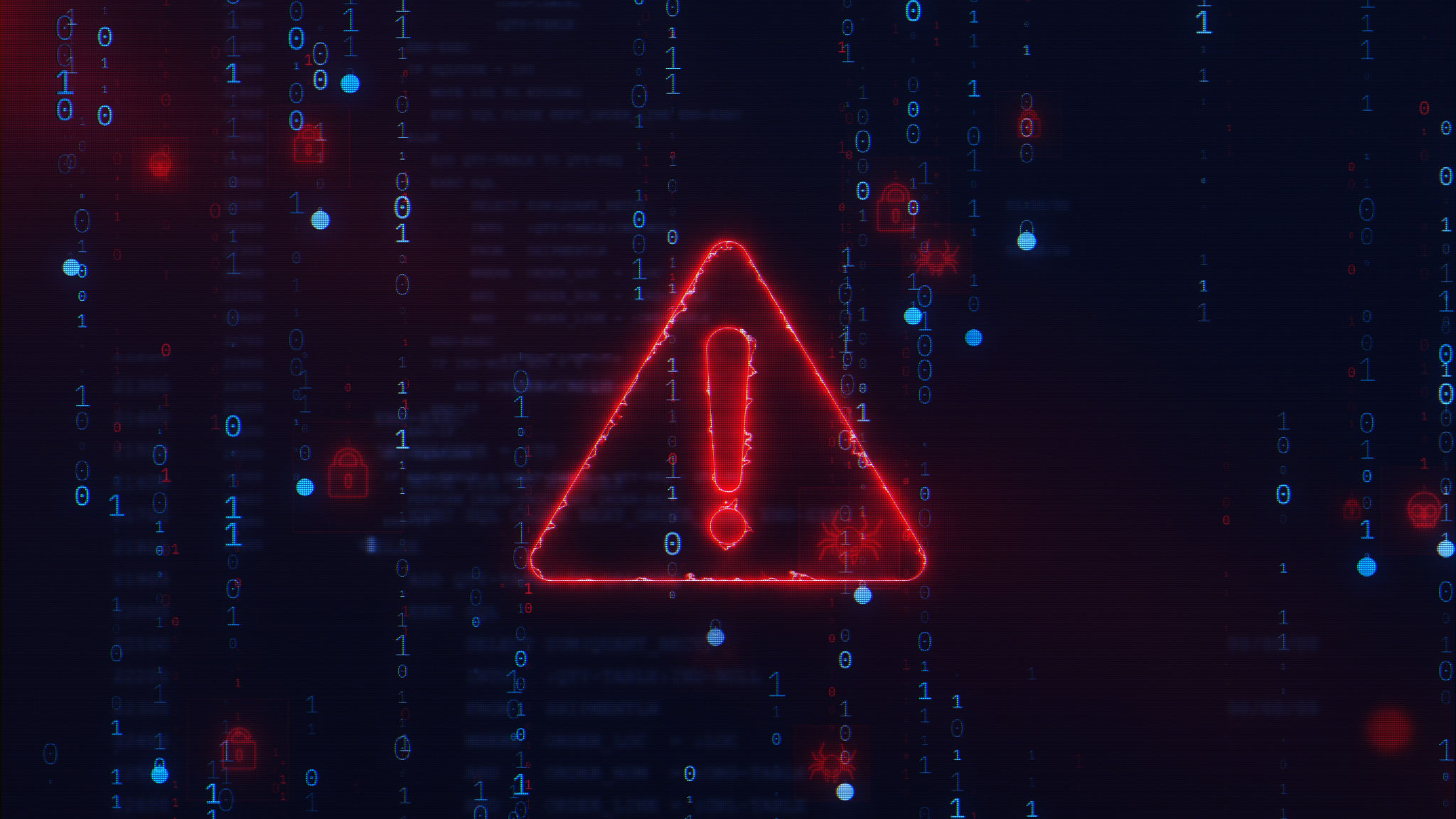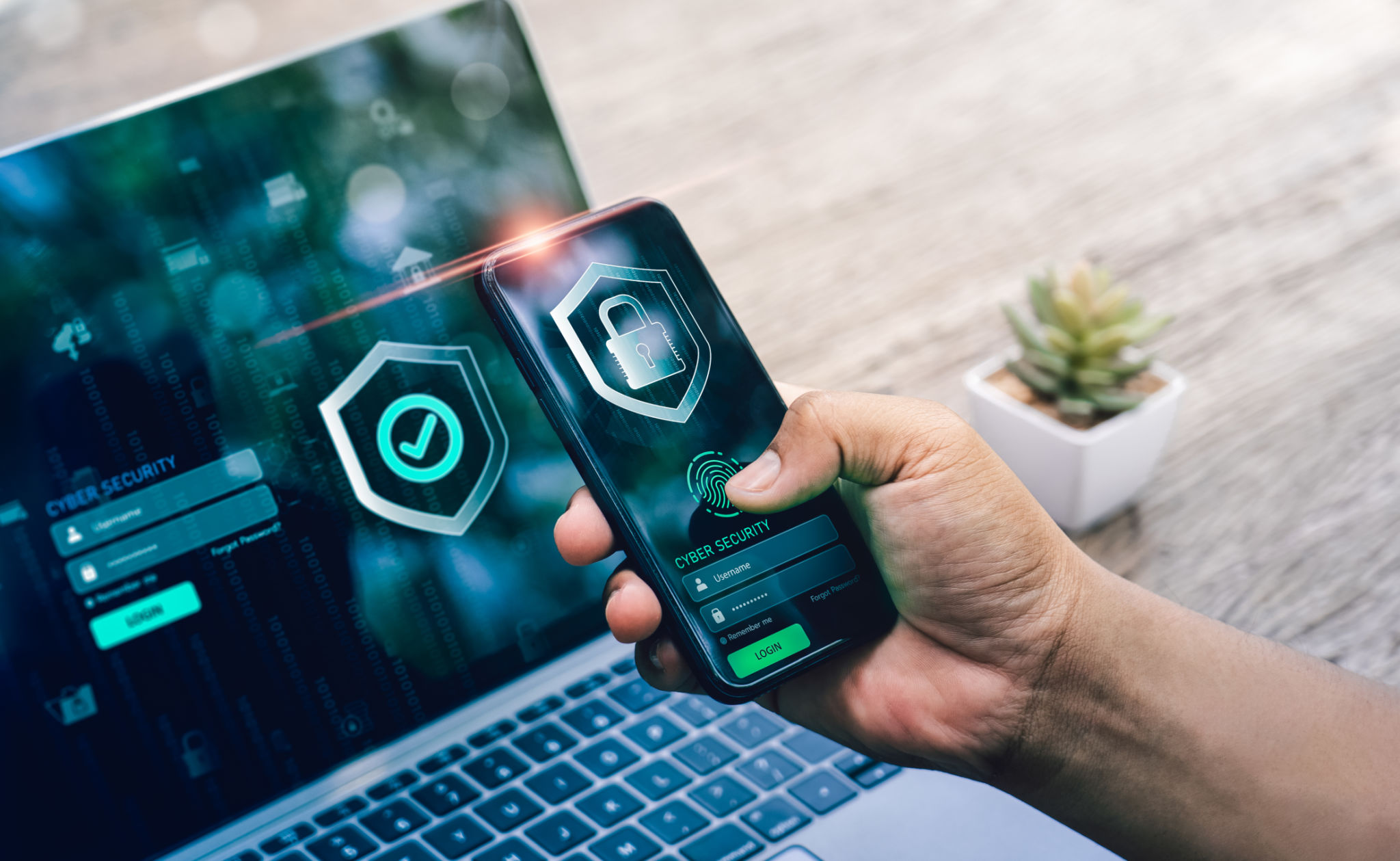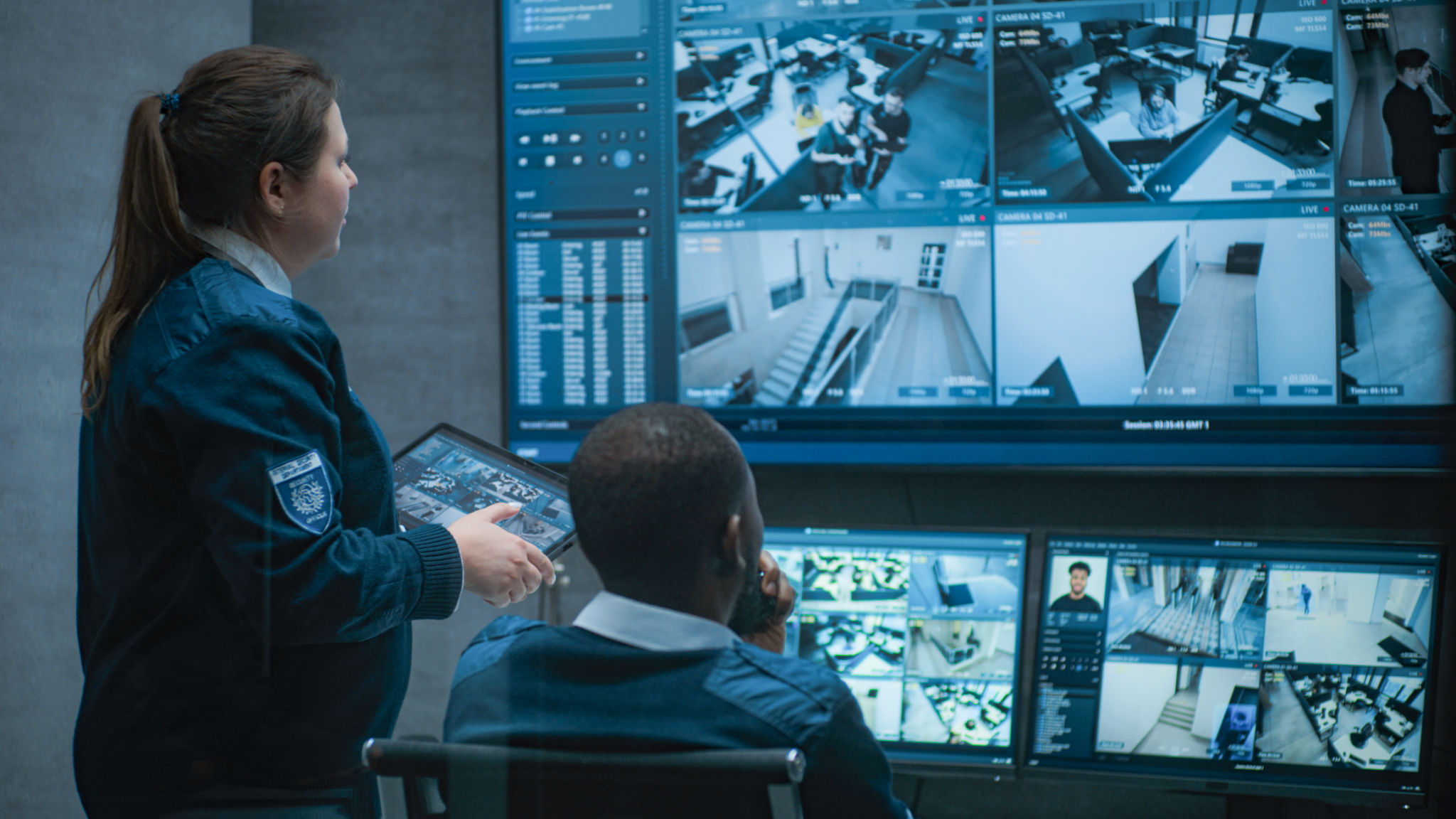The Importance of Cybersecurity Solutions for the Hospitality Industry
VM
Understanding the Threat Landscape
The hospitality industry is increasingly under threat from cybercriminals. As hotels, resorts, and other establishments in the sector rely more heavily on digital systems for operations, they become prime targets for cyber attacks. The sensitive data they handle, including customer credit card information and personal details, makes them particularly attractive to hackers. It is crucial for businesses in the hospitality industry to recognize these threats and take proactive measures to secure their assets.

Common Cyber Threats in Hospitality
Several types of cyber threats are prevalent in the hospitality industry:
- Data Breaches: Unauthorized access to sensitive customer information can lead to severe financial and reputational damage.
- Ransomware Attacks: Cybercriminals can lock down a hotel's system and demand a ransom for its release, disrupting operations and causing significant losses.
- Phishing Schemes: Employees may be tricked into revealing confidential information through deceptive emails, leading to security breaches.
The Consequences of Poor Cybersecurity
The impact of inadequate cybersecurity can be devastating for hospitality businesses. Financial losses from data breaches can reach millions, not to mention the potential fines due to non-compliance with regulations like GDPR or CCPA. Moreover, the loss of trust from customers can be difficult to recover from, with guests opting for competitors who offer more secure experiences.

Implementing Effective Cybersecurity Solutions
To combat these threats, hospitality businesses should invest in robust cybersecurity solutions. Here are some key strategies:
- Regular Security Audits: Conducting frequent assessments helps identify vulnerabilities before they can be exploited.
- Employee Training: Educating staff about potential threats and safe practices can significantly reduce the risk of cyber incidents.
- Advanced Encryption: Protecting data with strong encryption methods ensures that even if data is intercepted, it remains secure.
The Role of Technology in Enhancing Security
Technology plays a pivotal role in strengthening cybersecurity in the hospitality industry. Solutions such as AI-driven threat detection systems can identify and neutralize potential threats in real-time. Additionally, implementing secure payment systems and regularly updating software ensures that businesses stay ahead of evolving cyber threats.

The Importance of a Proactive Approach
A proactive approach to cybersecurity is imperative. This involves not only implementing security measures but also continuously monitoring and updating them as new threats emerge. By staying informed about the latest cybersecurity trends and adapting strategies accordingly, hospitality businesses can better protect their assets and maintain customer trust.
In conclusion, the hospitality industry must prioritize cybersecurity to safeguard its operations and reputation. By understanding the threat landscape, implementing effective solutions, and leveraging technology, businesses can mitigate risks and provide a secure environment for their guests. Investing in cybersecurity is not just an option—it is a necessity in today's digital age.